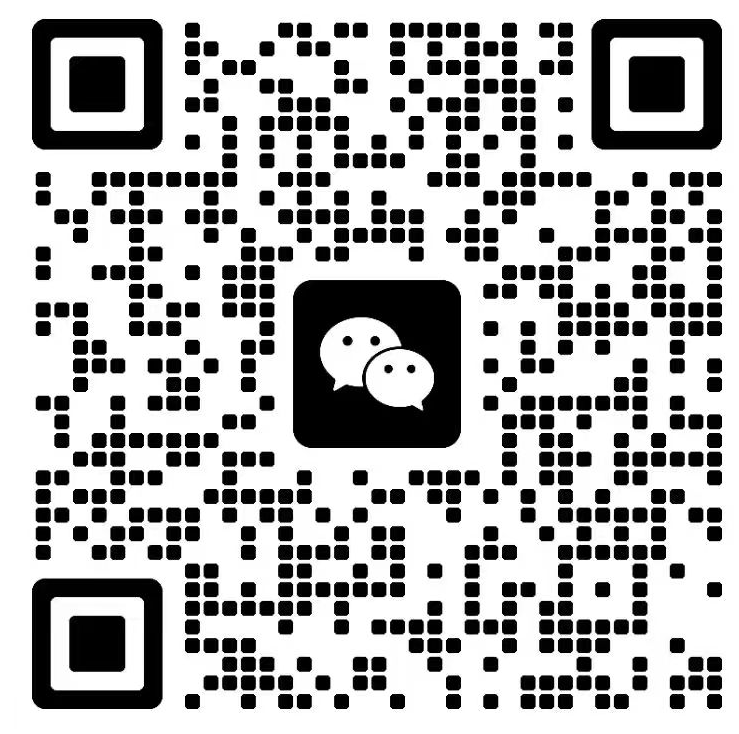【長(zhǎng)難句】
What we’ve found after every recession in modern times is that we’ve actually up-ticked our spending afterward, but we’re finding that what we thought would bring us happiness, all this extra increase in consumption, just doesn’t deliver the goods.
【句子拆分】
主語 What we’ve found
謂語 is
賓語 that we’ve actually up-ticked our spending afterward
【單詞解析】
單詞 音標(biāo) 中文詞意
consumption k?n's?mp??n n. 消費(fèi);消耗;肺癆
【語法分析】
這句話是一個(gè)并列句,"but"之前的第一個(gè)句子"What we’ve found after every recession in modern times is that we’ve actually up-ticked our spending afterward",解構(gòu)為主系表句型,其主語就是主語從句"What we’ve found","what"在從句中作賓語,從句的主語"we",謂語"have found","after every recession"和"in modern times"都是時(shí)間狀語;主干的系詞"is";表語為表語從句"that we’ve actually up-ticked our spending afterward",連接詞"that",表語從句的主語"we",謂語"have up-ticked",這里面"up-tick"本為名詞詞性,在這被當(dāng)成了動(dòng)詞使用,"our spending"為賓語,"afterward"也是時(shí)間狀語。 "but"后面的第二部分句子,"we’re finding that what we thought would bring us happiness, all this extra increase in consumption, just doesn’t deliver the goods",主語"we",謂語是正在進(jìn)行時(shí)"are finding",賓語是賓語從句,賓語從句的主語是"what we thought would bring us happiness",這部分并不是個(gè)句子,可以把它看作名詞性關(guān)系分句用法,也就是一個(gè)部分起兩個(gè)作用,"what"轉(zhuǎn)化成"the thing"和"would bring us happiness"連接在一起變成"the thing would bring us happiness",之后將"the thing would bring us happiness"這個(gè)整體放在"we thought"后面,---"we thought (that) the thing would bring us happiness","would bring us happiness"即和"what"(the thing)組成一個(gè)句子邏輯,其整體又在"we thought"后面作賓語;"are finding that"后面的賓語從句的真正的謂語是"doesn’t deliver",賓語"the goods",但一般是把"deliver the goods"看成一個(gè)主題,也就是固定搭配。
【譯文】
我們發(fā)現(xiàn),現(xiàn)代社會(huì)每次出現(xiàn)經(jīng)濟(jì)衰退后,我們實(shí)際加大了在其后的支出。但我們發(fā)覺,我們以為會(huì)給自己帶來幸福感的所有這些額外增加的消費(fèi)卻沒有讓人如愿以償。
【考情分析】
所謂的名詞性關(guān)系分句大家先有個(gè)印象,與此對(duì)應(yīng)的還有嵌入式關(guān)系分句,也是類似的邏輯。
點(diǎn)擊查看:21考研沖刺必備經(jīng)典長(zhǎng)難句匯總(持續(xù)更新中)
以上就是“2021考研英語:歷年考研英語經(jīng)典長(zhǎng)難句(8)”的內(nèi)容,更多考研信息,請(qǐng)持續(xù)關(guān)注。




